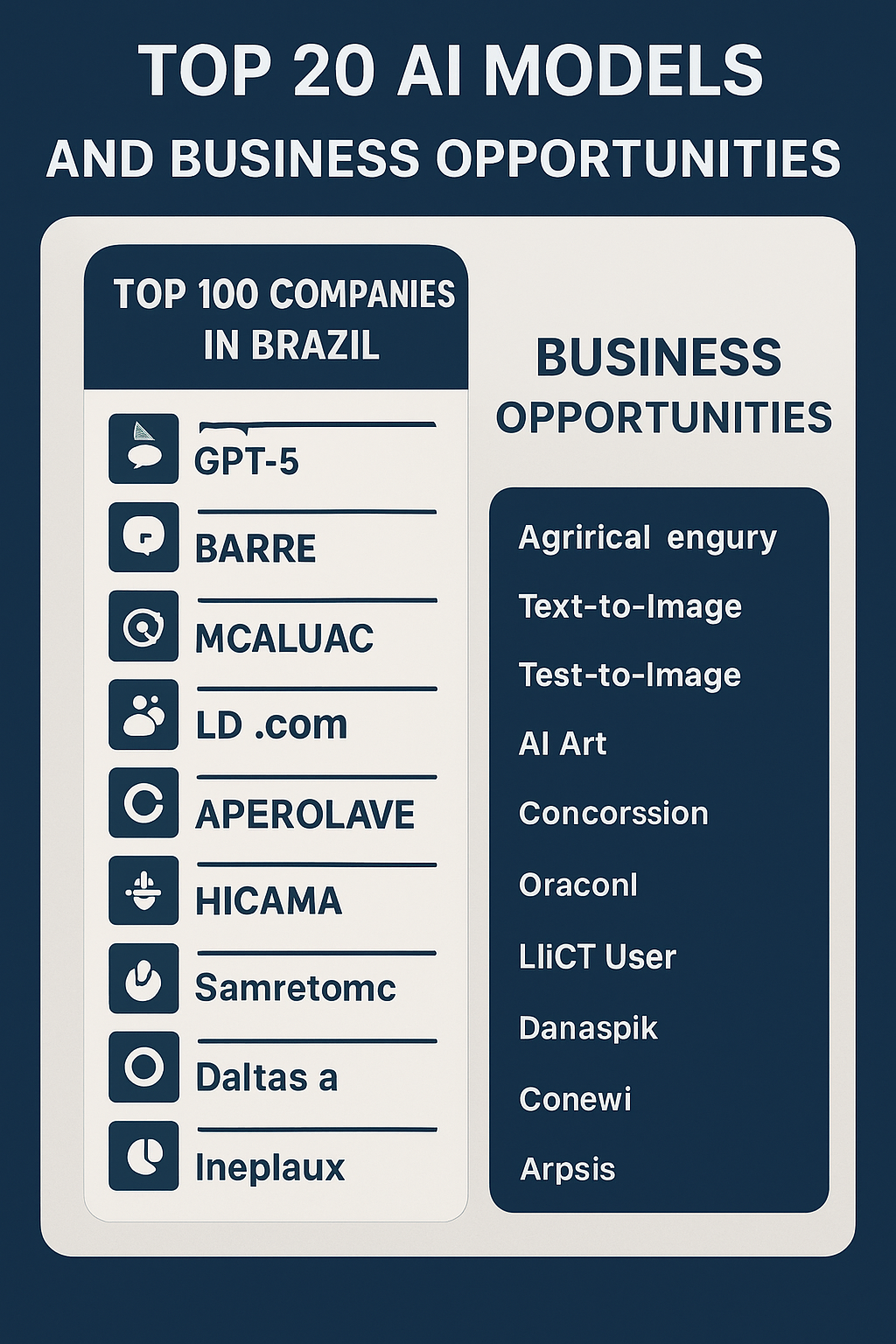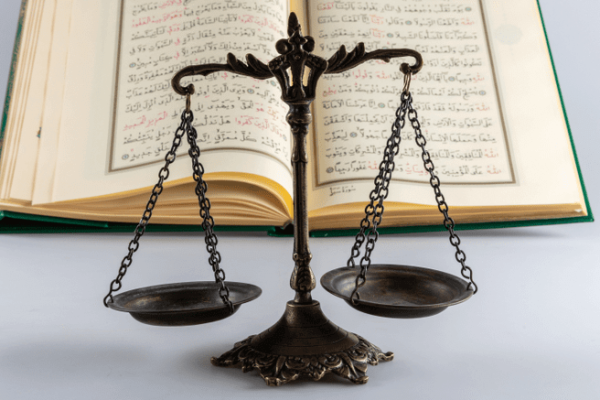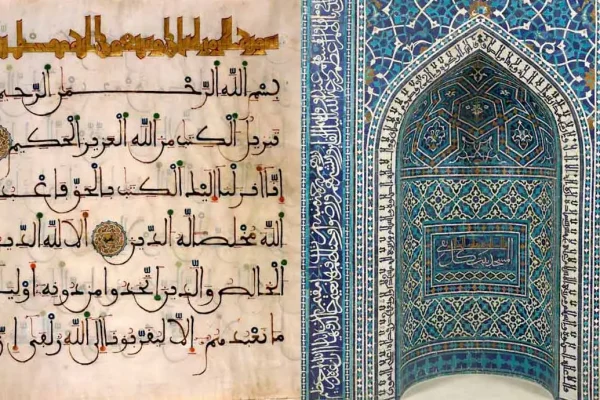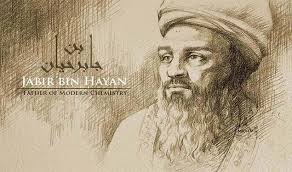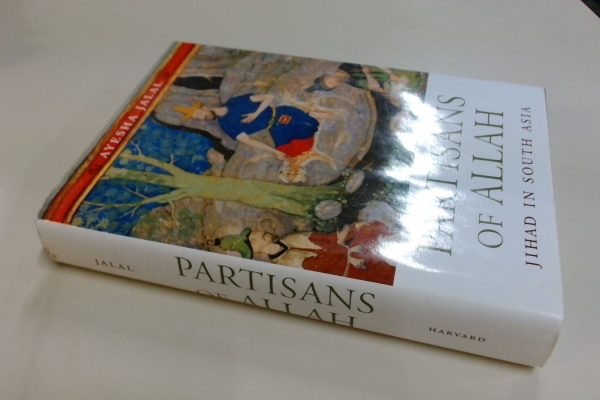
Jihad in South Asia: A Multifaceted Journey Through History, Culture, and Modern Interpretations
In “Partisans of Allah: Jihad in South Asia,” Ayesha Jalal offers a nuanced exploration of the concept of jihad, tracing its evolution from early Islamic history to its various interpretations within the South Asian context. Jalal examines how British colonial rule significantly altered the discourse around jihad, portraying it as a violent and extremist ideology to suppress resistance movements. She also delves into modern interpretations, highlighting how contemporary political entities and extremist groups have appropriated the term for their agendas. Beyond the political realm, Jalal investigates the cultural and social dimensions of jihad, illustrating its presence in literature, poetry, popular culture, and everyday social practices. Her comprehensive analysis challenges simplistic views and emphasizes the ethical, spiritual, and cultural significance of jihad, offering a deeper understanding of its role in South Asian history and society.






